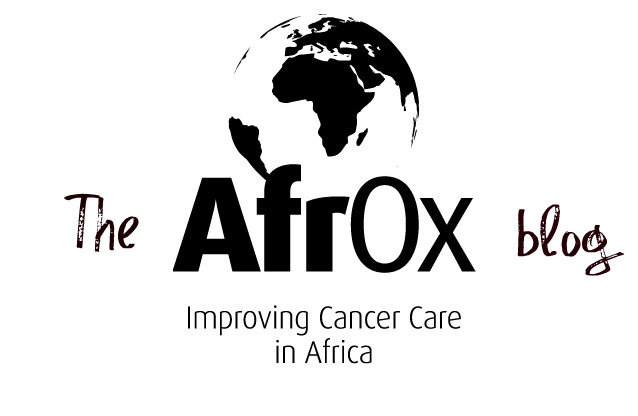In her previous blog entry, Georgina Newman described the project she’s been working on setting up a link between two paediatric oncology units using the innovative website MedicineAfrica. Here she tells us how the training in Ghana went…
After training the team at the Edinburgh Royal Hospital for Sick Children, I then travelled to Accra, Ghana, to introduce members of the paediatric department at Korle-Bu Teaching Hospital to the concept of MedicineAfrica. After an initial presentation, seventeen selected members of the department, including doctors, nurses and a pharmacist were given practical training in small groups on how to use the website.
During the training sessions we created medical cases, practised tutorials and even learnt how to upload X-rays to the cases. There were, of course, some glitches, which mostly centred around a sometimes rather slow internet connection. However, overall, the team were enthusiastic and felt the new technology would provide a useful teaching tool and be particularly helpful for discussing complicated cases. In fact, two of the doctors wanted to persuade their colleagues to join so that the website could also be used as an intra-departmental teaching tool.
Training completed it was time for our first tutorial! Fiona Bruce from Edinburgh tutored six nurses and one pharmacist from Korle Bu on the ‘Role of the Nurse in Oncology’. Participants were divided into two groups; each group had at least one computer literate member and shared a laptop. Initially participants were a little apprehensive but the tutorial soon generated a large amount of lively discussion and interest. Tutor and participants discussed the differences between the oncology wards in Accra and Edinburgh. The Ghana team members appeared to enjoy the tutorial and the opportunity to link up with the Edinburgh team.
So what next? For the next few months, until the November workshop, the Edinburgh team at the Royal Hospital for Sick Children will be giving monthly tutorials to the Ghanaian nurses, who will access the website using the two laptops provided to the unit by AfrOx and World Child Cancer. It is hoped that the tutorials will help build the relationship between the two paediatric oncology teams and that they will promote knowledge exchange and skill retention, as they have done in Somaliland. The effectiveness of the tutorials will then be discussed at the November workshop. If found to be useful, the tutorials will be extended to all members of the Ghanaian oncology team. Please check back for an update on the project later in the year..

